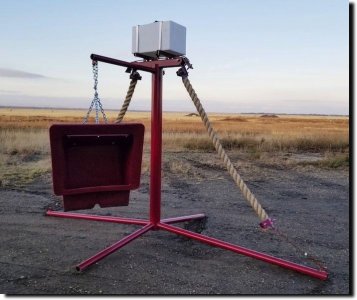You are only going to get resistant worms if you worm regularly, use the same wormer and run the cattle on the same ground constantly where they can pick up larvae when eating the grass down short as the larvae are 90% on the lower 6 inches of the grass... IN MATURE CATTLE.....
That is one reason we do not regularly worm mature cattle... to cut down on any resistance build up. They will never build a tolerance to worms if they get wormed all the time, and then the worms build up the resistance to the type wormer.
You will never totally eliminate worms in every animal, every time... Immature cattle; calves, younger stock and such are more susceptible and can not tolerate a worm load much because of their age, size, and because they will often eat shorter grasses closer to the ground while grazing... so are more likely to pick them up....
Cydectin is a little different formulation than Ivermectin, and is supposed to be less damaging to dung beetles and earthworms... It is approved for lactating dairy cattle as is Eprinex, another form of the "ectins" ... but Ivermec/Ivermectin is not approved for dairy.
RJ Matthews has a good chart on wormers, what they target, and all indications and dosages...and withdrawal times.... It is listed as Cattle Dewormer Comparison Chart... We are using up the ivermectin we have and I want to switch to Cydectin.
Rotational grazing helps alot... grazing calves first then following with older cattle helps, some good cold freezing temps seems to help too and we are not getting that much anymore... NOT grazing the pastures down to the roots helps... worming animals and then allowing 24-48 hours in a sacrifice lot/pasture for them to drop the dead/dying parasites and then putting out on grass that has been "fallow" for at least 30-45 days helps also... they can't get reinfected with resistant strains if not back on the same ground as fast.
The pour-ons will help greatly with the lice and various flies, and some worms etc... orals drenches and feed through helps the best with intestinal worms and such... injectables do some of both...
Just look at the withdrawal times on some... Injectables range from 21 to 50 days... orals/drenches range from 2 to 27 days... Pour-ons range from 0 to 48 days... Something to consider if you are planning to ship cattle in say 30 days....

